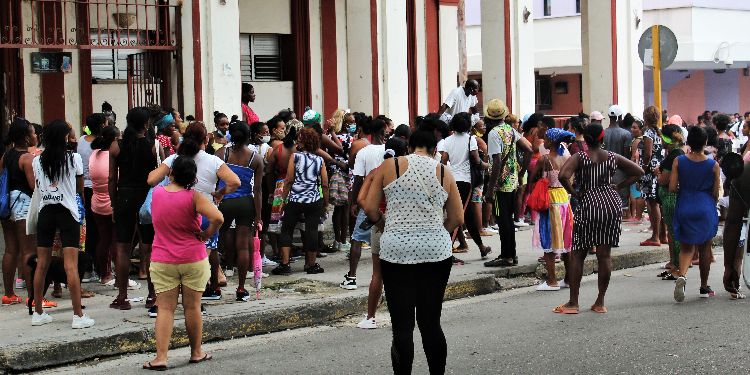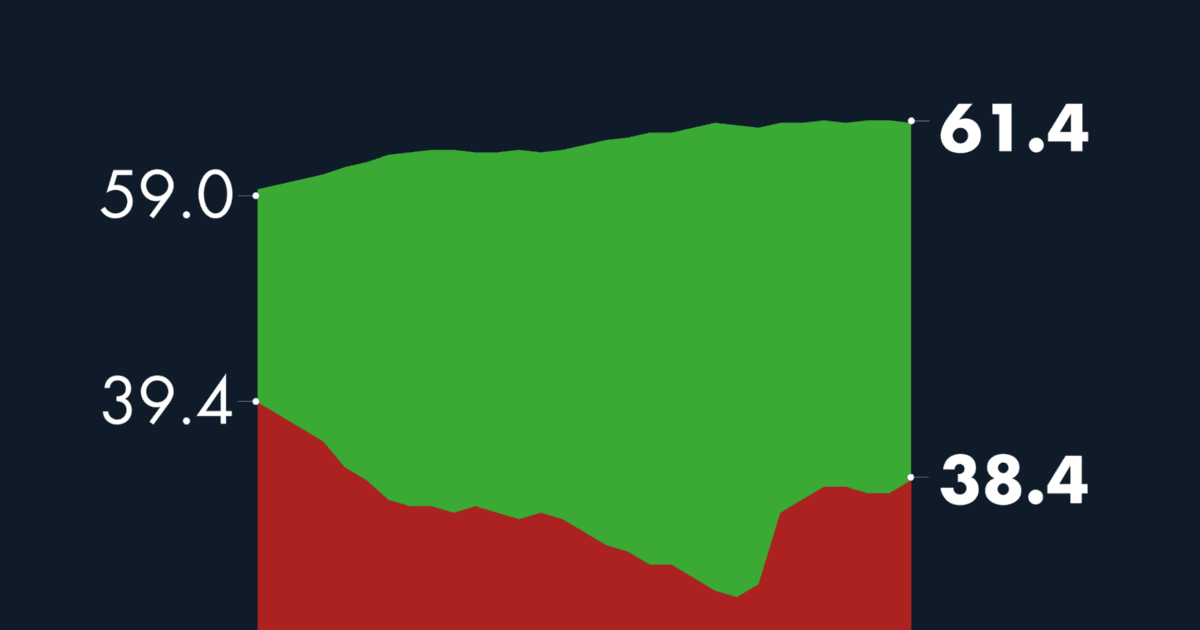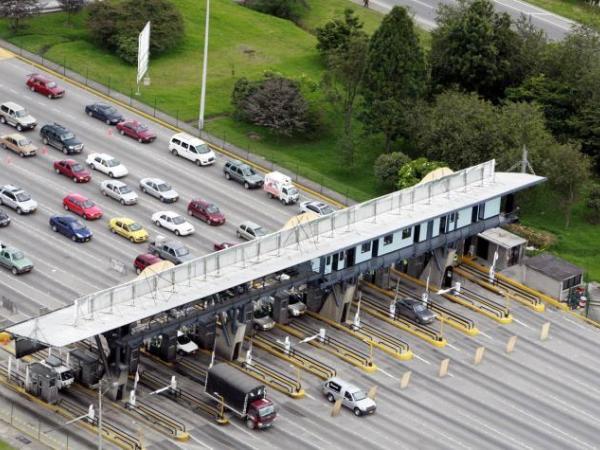LAS TUNAS, Cuba. — Extremely poor, civically and economically, we Cubans said goodbye to 2022. This was a year marked by darkness. These glooms were not only due to the continuous and prolonged blackouts, produced by the collapse of the national electrical system, whose origins must be sought more than in the technical in the political, which is where Cuba’s ills reside, as a consequence of a public administration aimed at keeping “the superior leading political force of society and the State” in the hands of the Communist Party.
Regardless of whether he is a worker in the sewer network or a judge of a higher court, in any democratic country public employees have a raison d’être in satisfying citizen needs and not in the accommodating nooks and crannies of a political party; but this is not the case in this Caribbean archipelago, a simile of an endless meander, where the Communist Party of Cuba (PCC), using the so-called “dictatorship of the proletariat”, pretends to “work for and for the people” when, in reality, Too many bureaucrats have already set themselves up as feudal lords, freeloaders of the less favored classes when they had nothing else to snatch from wealthy society, entrenched in power for more than 60 years.
In 2022 we lament because the so-called “Ordering Task” triggered an unprecedented inflationary spiral economically and rampant inequalities and injustices socially, with its claws extended towards 2023. These are the same abuses denounced by classical Marxist literature in the 19th century. and that today would shock public opinion in any market economy. Even so, today we see these iniquities in Cuba hand in hand with socialism, but we cannot say that they come from the “regulation” or from the “monetary duality”.
Today Castro-communism calls for the United States legislature to eliminate the embargo law, or as they call it, “blockade” aimed at “overthrowing the revolution,” which is not true: the United States government is not interested in Cuba’s internal affairs, but it is interested, and very much, in the fact that the Cuban people have a democratic government, without interference in neighboring countries, elected by itself, in free, plural elections, in which the legislative, judicial powers and executives are independent, and not subject to the rule of a single party, the PCC, as an economic and political monopoly.
The year 2023 will be a gloomy year for Cuba, but the pessimism, melancholy, socioeconomic and sociopolitical darkness that we will continue to experience, due to lack of housing, food, medicine and, in short, freedom, does not only come from 2022, but from many years ago. having been Cuba the largest sugarcane producer in the world, today it hardly produces sugar for national self-consumption and by means of a ration card; The same happens with various crops (bananas, vegetables, beans, potatoes); rice, which is an agro-industry; fruit trees, forest production and livestock as a whole, because it lacks pastures, fodder, feed, water, medicines, insecticides and the proper infrastructure.
Affirming an uncertain public utility, between 1959 (with the First Agrarian Reform Law) and 1968 (with the “revolutionary offensive”) Castro-communism eliminated private property in Cuba. Now it simulates new “forms of property”, having the “socialist state company” as a feudal entity. While Cuba has suitable land, some of it of quality and others subject to soil amendments to obtain sufficient crops and stable livestock and forestry production, the country does not produce what it consumes, having to import billions of dollars in food, money that goes to hands of foreign farmers and not of Cuban or foreign producers producing in Cuba and capitalizing on Cuban land.
Although at the beginning of the 20th century the investment capital was mainly foreign, it is false that US producers had taken over Cuba’s sugar production. Of Cuban capital and few foreign investors, it was 63% of the sugar cane produced; the Americans only moved 37% of the national production, but today most of those sugar mills do not exist or are pure junk and the fields of crops, scrubland covered with thorns.
But it is true, the help provided by US capital in the development of Cuba; According to 1954 data from the United States Department of Commerce, American investments in Cuba at that time amounted to 713 million dollars, of which 272 million were in agriculture, 27 million in the oil industry, 55 million in light industry and manufacturing, 303 million in public services, 35 million in commerce and 21 million in other industries, figures that by 1960 had already increased to 829 million dollars, producing not only goods and services on Cuban soil, but also well-paid jobs.
And now I am reminded —and with this I do not want to deny other forms of poverty— the case of an Afro-descendant worker employed in Cayo Juan Claro, in Puerto Padre, who, stowing sacks of sugar and general merchandise in the port, had been able to raise cash and have credit to buy a new convertible Cadillac in which the carnival queens used to ride. But that was a time of work and production, when the Americans came to invest in Cuba, while now it is the Cubans who, fleeing communism, go to the United States, to live and work, seeking clarity in their dark lives, that’s how gloomy is my country on the eve of 2023.
Receive information from CubaNet on your cell phone through WhatsApp. Send us a message with the word “CUBA” on the phone +525545038831, You can also subscribe to our electronic newsletter by giving click here.






